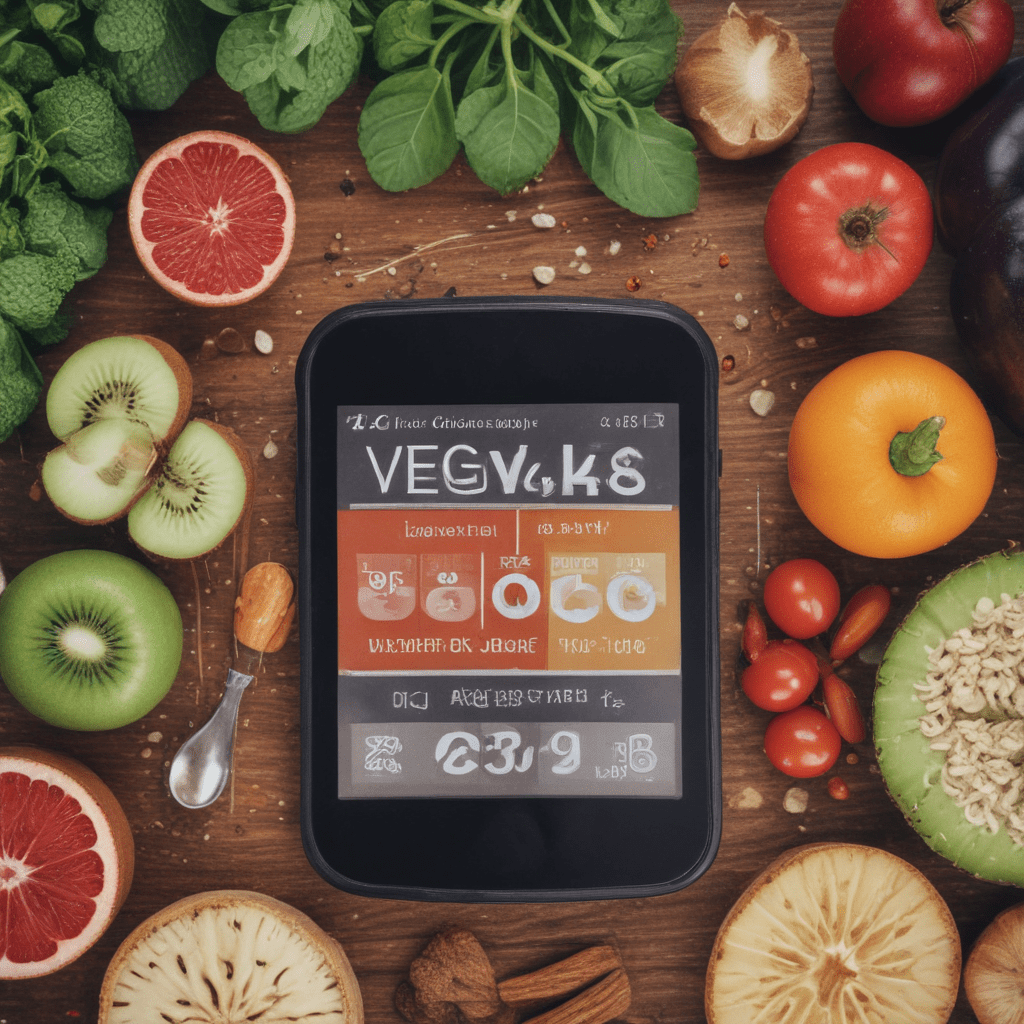
Vegan Diet and Diabetes Management
1. Introduction
Veganism is a plant-based diet that excludes all animal products, including meat, dairy, eggs, and honey. It emphasizes the consumption of fruits, vegetables, whole grains, legumes, and nuts. Diabetes is a chronic condition characterized by elevated blood sugar levels due to the body's inability to effectively use or produce insulin.
2. Benefits of a Vegan Diet for Diabetes
A vegan diet can be beneficial for managing diabetes due to its low glycemic index (GI). GI measures how quickly carbohydrates raise blood sugar levels. Low-GI foods, such as those found in a vegan diet, release glucose slowly, preventing spikes in blood sugar. Additionally, the high fiber content of plant-based foods promotes satiety, reduces cravings, and helps regulate blood sugar levels.
3. Blood Sugar Regulation Mechanisms
Blood sugar regulation involves the hormones insulin and glucagon. Insulin, produced by the pancreas, helps the body absorb glucose from the blood into cells for energy. Glucagon, also produced by the pancreas, raises blood sugar levels when they drop too low. Understanding these hormones' roles is crucial for managing diabetes.
4. Macronutrient Composition for Blood Sugar Balance
A balanced macronutrient composition is essential for blood sugar control. Carbohydrates provide energy, but their intake should be moderate and include complex carbohydrates. Protein helps stabilize blood sugar levels and promotes satiety. Fats are essential for hormone production and should be consumed in moderation, with an emphasis on healthy fats from plant-based sources.
5. Meal Planning and Portion Control
Creating meals that promote blood sugar stability is key. Meal planning should focus on incorporating low-GI carbohydrates, lean protein, and healthy fats. Portion control is also crucial to avoid overeating and maintain stable blood sugar levels.
6. Micronutrient Considerations
Micronutrients, such as B vitamins, magnesium, and zinc, play a significant role in blood sugar regulation. B vitamins aid in glucose metabolism, while magnesium and zinc enhance insulin sensitivity. Since these nutrients may be lower in a vegan diet, it's crucial to ensure adequate intake through fortified foods or supplements. Vitamin B12, specifically, is not naturally found in plant foods and must be obtained through fortified products or supplements to prevent deficiency.
7. Staying Hydrated
Maintaining proper hydration is essential for blood sugar management. Water helps regulate blood volume, improves circulation, and supports the kidneys in filtering excess glucose. Individuals with diabetes are prone to dehydration due to increased thirst and urination. Aim for a daily fluid intake of at least 8 glasses of water to prevent dehydration and ensure optimal blood sugar levels.
8. Regular Exercise
Regular exercise improves insulin sensitivity, allowing cells to use


